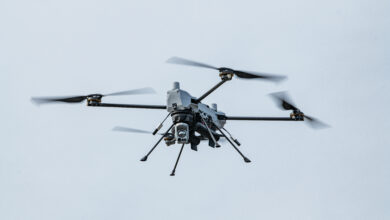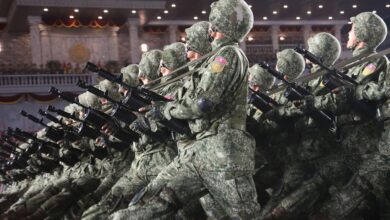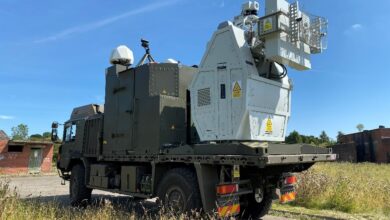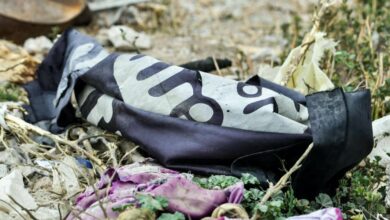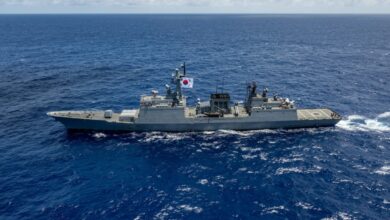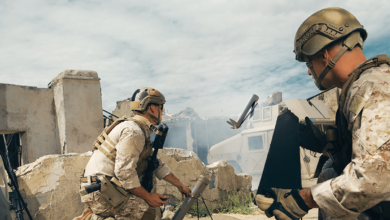US Army, iNtRON to Develop New Treatment for Urinary Tract Infections in Soldiers
The US Army has signed a Foreign Technology Assessment Support agreement with South Korea-based iNtRON Biotechnology to develop bacteriophages that can combat Uropathogenic Escherichia coli (UPEC) infections in warfighters.
UPEC produces virulence factors that lead to many types of urinary tract infections or UTIs. Meanwhile, bacteriophages are viruses that fight and neutralize bacteria without adverse effects.
The project aims to mitigate health risks in soldiers exposed to environments with abundant UPEC-related elements during missions or training.
“Urinary tract infections require a treatment through prolonged antibiotic administration, but in environments where continuous antibiotic usage is not easy, there’s a significant risk of recurrence and chronicity,” iNtRON Bacteriophage Development Head Dr. Ji-soo Son explained.
“Bacteriophages can overcome the shortcomings of general antibiotics, making them highly suitable for combating UTIs.”
‘Establishing Relations’
Under the initiative, the Combat Capabilities Development Command (DEVCOM) International Technology Center Indo-Pacific and Soldier Center will work alongside iNtRON to consolidate technological reviews and research planning to mature necessary bacteriophage solutions.
The team will conduct an initial feasibility demonstration and pilot development, followed by small-scale clinical trials, approval, and final production.
Throughout the program, iNtRON will focus on developing bacteriophages targeting UPEC, while DEVCOM experts will provide support for associated validations.

“The current UPEC project holds great significance as an official contract with a US government agency, potentially serving as a stepping stone for entering the US defense market,” iNtRON CEO Kyung-won Yoon stated.
“Additionally, based on the bacteriophages obtained through this project, the goal is to expand into large-scale projects for clinical trials and product development in the future while establishing relations with the US Army.”




